New Horizons in Amyloidosis (NHA)
Published: 07 March 2024
-
Views:
 1426
1426
-
Likes:
 7
7
-
Views:
 1426
1426
-
Likes:
 7
7
Overview
Radcliffe Cardiology was proud to host New Horizons in Amyloidosis (NHA), specially focused on providing an update on the diagnosis and treatment of cardiac amyloidosis and its sequelae in recognition of this rapidly developing field.
NHA is designed to educate healthcare professionals on the evolving management practices in cardiac amyloidosis and is tailored to update and educate a variety of professionals including cardiologists, imaging specialists, electrophysiologists, primary care physicians, hematologists, and cardiac nurse practitioners.
The event, led by Course Director Dr Rodney Falk (Brigham and Women’s Hospital in Boston, US), features a distinguished group of faculty members who are renowned experts in the field of cardiac amyloidosis.
The faculty encompass a diverse range of medical specialties, facilitating a comprehensive, multidisciplinary approach.
Related sessions to NHA 2024:
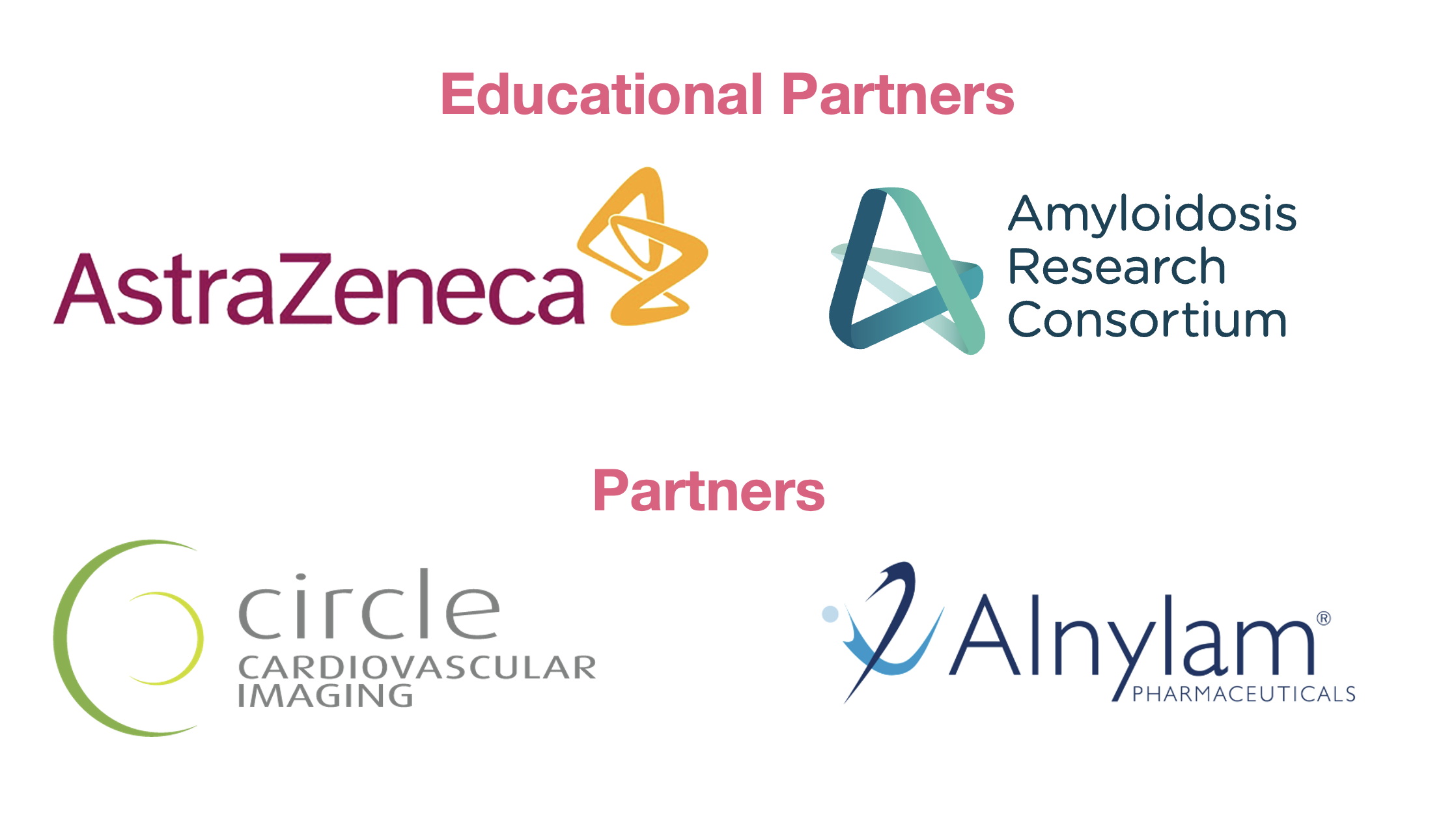
Key Learning Objectives
- Increase the awareness of at-risk patients
- Improve understanding of screening procedures
- Provide guidance on the use of imaging for cardiac amyloidosis diagnosis
- Improve awareness on current and emerging treatment
- Provide guidance on the management of key comorbidities
Target Audience
- Cardiologists (device implanters, heart failure)
- Imaging Specialists
- Electrophysiologists
- Primary care
- Haematologists
- Cardiac Nurse
- Practitioners
More from this programme
Part 1
Session 1: Detect, Screen and Diagnose
In this opening session of NHA, presentations cover the basics of cardiac amyloidosis diagnosis, including when to suspect it and the screening tools available. The faculty present on clinical indicators for suspicion and discuss practical strategies for efficient identification using screening algorithms and decision support tools. This session aims to equip participants with essential knowledge for early detection and management of cardiac amyloidosis.
Part 2
Session 2: Detect, Screen and Diagnose
Session 2 focuses on MRI's role in assessing tissue characteristics linked to cardiac amyloidosis. Using case examples, faculty explore how MRI techniques identify amyloid deposition within the myocardium. This master class session offers a concise understanding of MRI's diagnostic capabilities and its significance in evaluating cardiac amyloidosis.
Part 3
Session 3: Management of CA and its Sequelae
This session underscores the importance of collaborative care between haematology and cardiology in managing AL cardiomyopathy. It also examines the role of TTR stabilisers and silencers in treating ATTR and discusses potential future disease-modifying therapies for the condition.
Part 4
Session 4: Management of CA and its Sequelae
In this final session, the faculty will delve into the management of heart failure (HF) and various arrhythmias, including atrial fibrillation (AF), AV nodal disease, and ventricular arrhythmias. The faculty will explore effective strategies for optimising treatment to improve both clinical and patient-reported outcomes.
Faculty Biographies
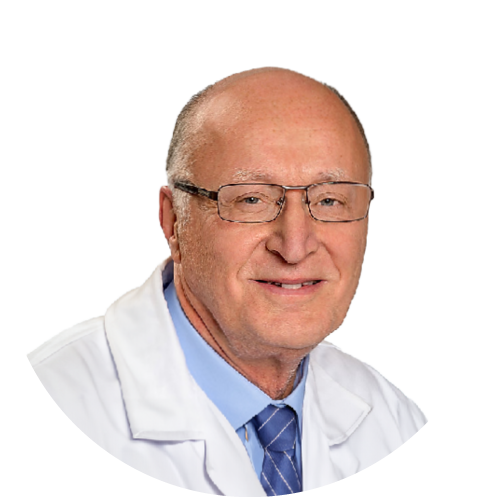
Rodney Falk
Associate Professor
Dr Rodney Falk is a prominent figure in the field of cardiology, holding the esteemed position of director for the Cardiac Amyloidosis Program and serving as a specialist in cardiovascular medicine at Brigham and Women's Hospital (BWH). In addition, he is an associate professor of medicine at Harvard Medical School, reflecting his involvement in both clinical practice and academia.
Dr Falk's academic journey commenced with the acquisition of his medical degree from the University of Birmingham Medical School in the United Kingdom. His rigorous training encompasses a trio of residencies: one in internal medicine at Brook General Hospital, another in internal medicine at City Hospital, and a cardiology program at King's College Hospital, all situated in London, UK. Complementing his extensive background, he furthered his expertise with a cardiology fellowship at Harvard School of Public Health, emphasizing his dedication to continued learning and…

Philip Hawkins
Professor of Medicine and Clinical Director
Prof Philip Hawkins is a Professor of Medicine at University College London and Clinical Director of the NHS National Amyloidosis Centre at The Royal Free, London, UK. He is a rheumatologist and clinical scientist renowned for his studies on amyloidosis. His seminal work includes development and implementation of serum amyloid P component (SAP) scintigraphy for diagnosis and quantification of systemic amyloidosis.
Prof Hawkin’s clinical research programme is focused on diagnosis, pathogenesis, monitoring and treatment of amyloidosis and inherited autoinflammatory diseases with an emphasis on translational, early phase and otherwise novel approaches. He has a particular interest in the development of new imaging methods.

Julian Gillmore
Julian Gillmore gained his medical degree at University of London. He trained in nephrology and undertook MD and PhD degrees in the field of amyloidosis. His research interests include pathogenesis, diagnosis and treatment of amyloidosis.
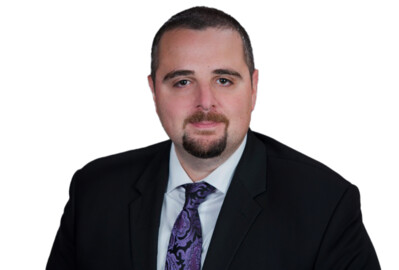
Ahmad Masri
Dr Ahmad Masri M.D., M.S. trained in Internal Medicine at the Cleveland Clinic.
He specialises in caring for patients with conditions that result in abnormally thickened hearts, such as hypertrophic cardiomyopathy, amyloidosis and Fabry’s disease.






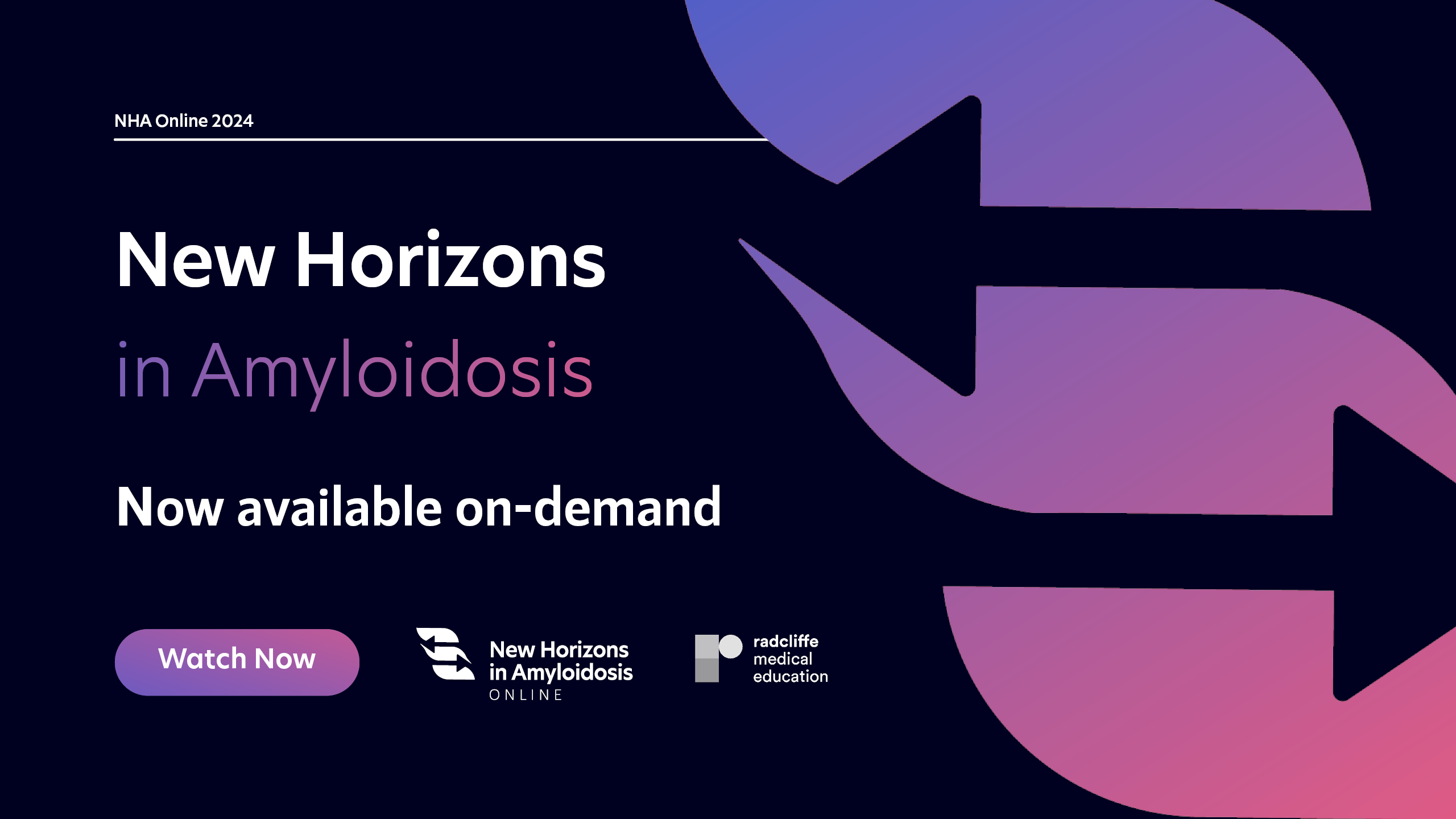
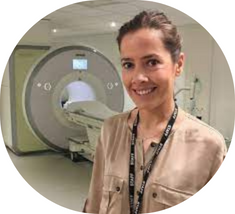
Comments